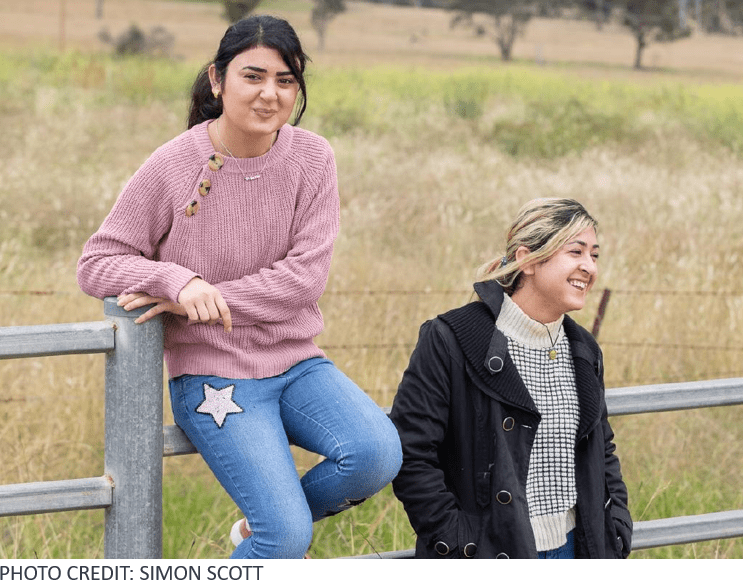Click the following link to access a 40-minute public presentation by Sue Watt, Trina Soulos, and Tadgh McMahon reporting the results of five Armidale surveys conducted during the first 18 months of refugee resettlement in 2018-2019: https://echo360.org.au/lesson/5ec68974-583a-41a7-877a-50dc0eae9564/classroom
Abstract
There is currently considerable impetus from government and regional communities alike for increased resettlement of refugees in regional locations of Australia. In 2017, Armidale, NSW became Australia’s newest regional resettlement location, with approximately 700 Ezidi refugees arriving incrementally during 2018-20. Armidale was selected partly because it was perceived as a “welcoming community”. However, community responses prior to the refugees arriving were not uniformly positive, raising concern that, if negative contact experiences occurred, there would be backlash effects in some sections of the community. We report a monitoring program designed to track the community’s response to the refugees with increasing levels their presence in the town and resultant contact with them. Through a series of community surveys, we assessed the Armidale community’s attitudes, concerns and responses to the arrival of refugees during the first 18 months of settlement. The findings revealed increasingly positive attitudes towards refugees settling in Armidale across clusters of the local community. Over time, community members reported more positive contact with refugees generally, were more willing to help refugees in Armidale, and perceived the community generally to be more positive towards the refugees coming to Armidale. This was tempered by a minority of people who expressed concerns about the arrival of refugees (e.g., the effect on local jobs), but the level of concern decreased across the surveys. These findings helped SSI to balance the concerns and aspirations of both new arrivals and different segments of the Armidale community and guided decisions in line with what was best for the community as a whole. The research adds to the emerging picture of the overall impact of refugee resettlement in Armidale and can be used to inform our understanding more generally of the development of successful multicultural societies in regional Australia.



Recent Comments